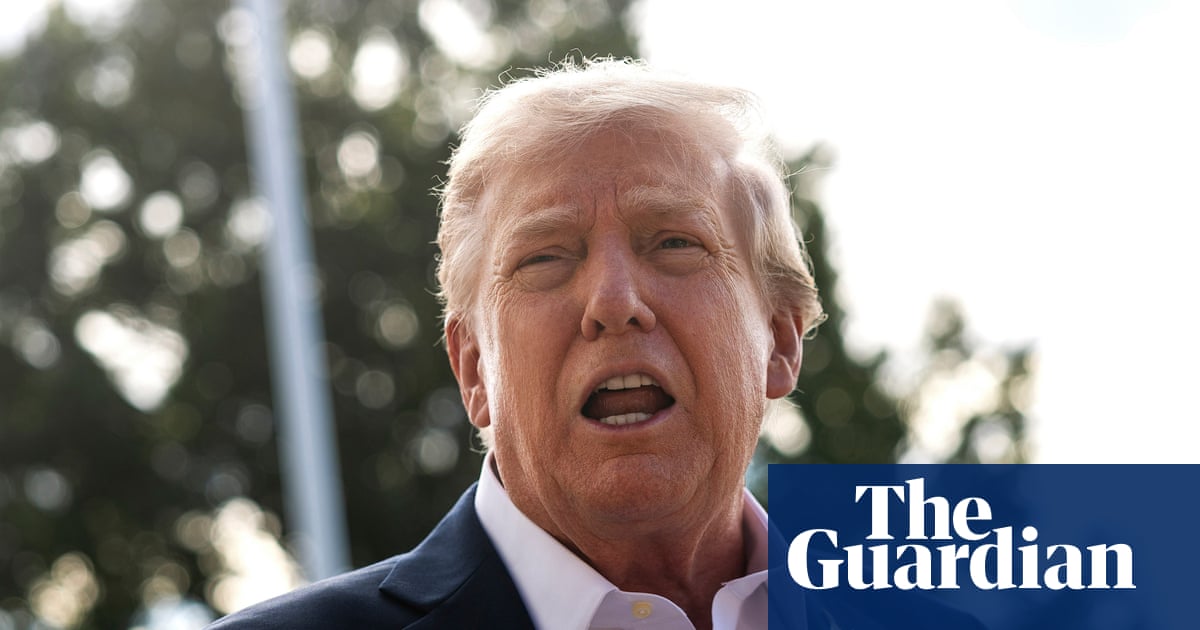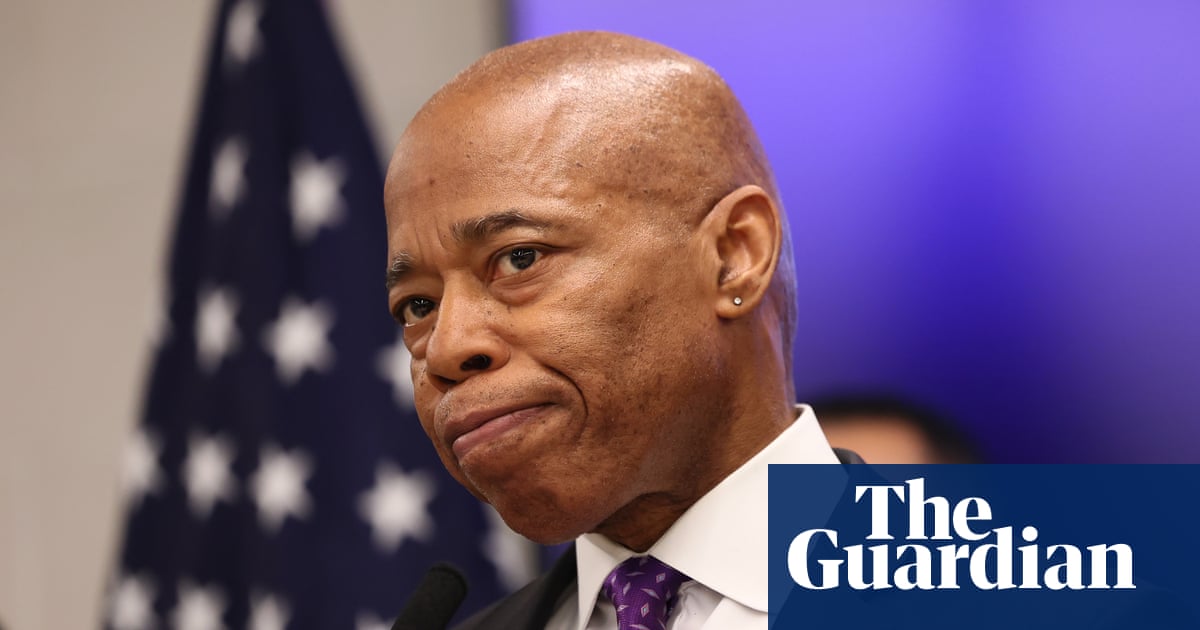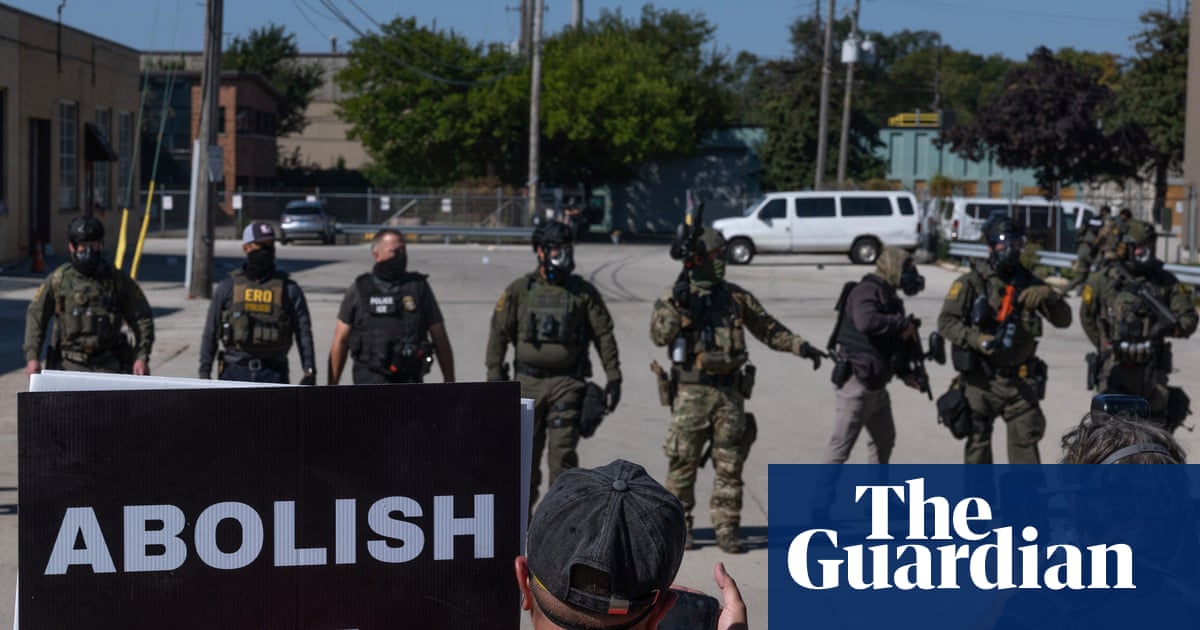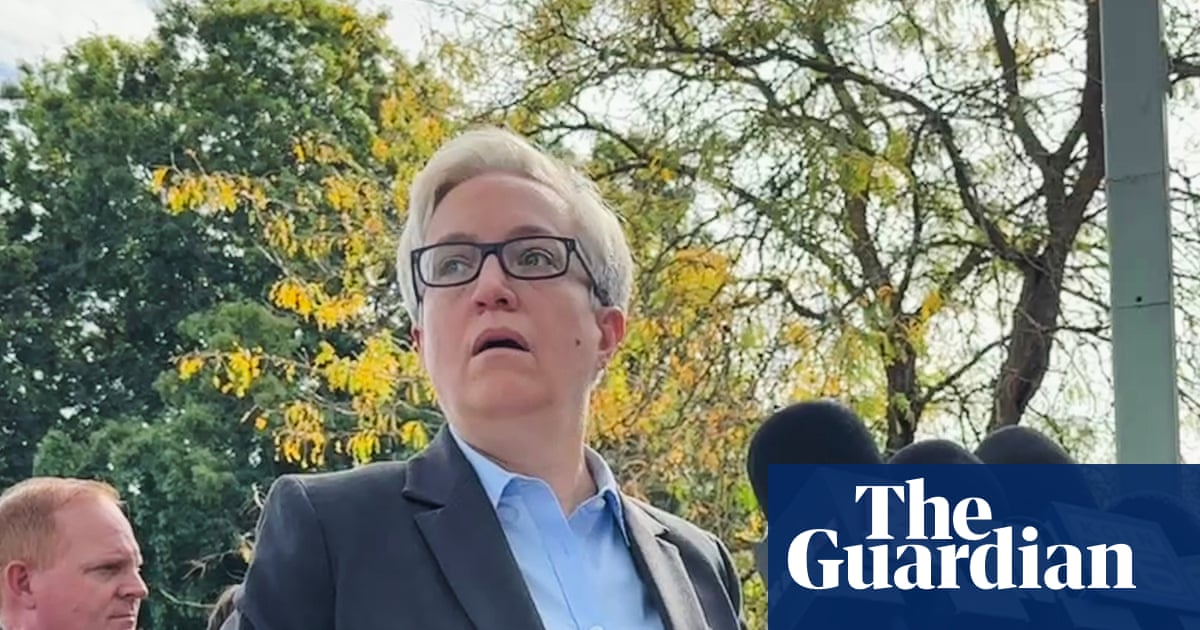NEW YORK — New York City Mayor Eric Adams said Sunday he is ending his reelection campaign, a move that virtually ensures he will lose in November and seals his fate as the city’s first one-term mayor since David Dinkins.
“It has been my honor to be your mayor,” Adams said in a nine-minute video announcing his departure from the race. “And I’m proud to say that we took that victory four years ago and turned it into action, making this city better for those who have been failed by government.”
The mayor blamed city election officials, lingering concerns over a since-dismissed federal bribery case and the media for undermining his effort to secure a second term.
“Despite all we’ve achieved, I cannot continue my reelection campaign,” Adams said. “The constant media speculation about my future and the Campaign Finance Board’s decision to withhold millions of dollars have undermined my ability to raise the funds needed for a serious campaign.”
Rather than throw his support behind one of the remaining candidates, the incumbent took a veiled shot at Zohran Mamdani, the democratic socialist who won the Democratic primary in June.
“Beware of those who claim the answer is to destroy the very system we built together over generations,” the mayor said.
Adams’ decision to end his campaign comes after anemic polling, the loss of millions of dollars in public matching funds and record-low approval ratings driven partly by the indelible mark of President Donald Trump on Adams’ defunct criminal bribery case.
The mayor had been forcefully denying for weeks that he would drop out of the race. Just four weeks ago, Adams gathered reporters at his residence to defiantly declare he would stay the course.
But Adams' resolve had been more recently showing cracks. The mayor refused to say he would not drop out when asked by Al Sharpton on MSNBC Saturday. “I’ve been sitting down with my team,” Adams said. “We’ve got to make the right decision. I’m going to make the right decision for the city of New York, the city I love.”
The mayor’s protestations were further undercut for weeks by emissaries from the business community and Trump political circles, who cooked up job offers in the hopes of luring Adams out of the contest.
Moderate Democrats — and even Trump himself — have long hoped to winnow down the general election field to give Andrew Cuomo, who is running as an independent, a better chance of catching up to Mamdani.
With Adams’ exit, they are partly getting their wish, though the incumbent’s exodus is unlikely to cause any major ripples.
For starters, it is too late to remove Adams’ name from the ballot. As a result, some percentage of his supporters are bound to vote for him, even if he is not actively campaigning.
Additionally, the incumbent has been polling below 10 percent, meaning he does not have many votes to be divvied up among the remaining candidates, which include Republican Curtis Sliwa and independent Jim Walden, who also suspended his campaign too late to remove his name from the ballot.
And despite the hopes of the anti-Mamdani crowd, there is no guarantee that Adams’ supporters will automatically jump onto the Cuomo bandwagon.
Adams spent months lashing out at the former New York governor as the two jockeyed over similar bases of moderate voters, including longtime supporters in the Black community.
But he didn’t overtly attack Cuomo, who is running in part on his experience as governor, in the video Sunday.
“I urge New Yorkers to choose leaders not by what they promise, but by what they have delivered,” Adams said.
Asked about Adams dropping out, Mamdani was quick to tie the unpopular mayor back to Cuomo.
“The billionaire-backed politics which found its home in Eric Adams is finding its home in Andrew Cuomo today,” Mamdani said at a campaign event in Brooklyn Sunday minutes before the news broke. “He is running for that second term.”
Mamdani added that Adams dropping out doesn’t change his strategy.
“We are going to run the same race with the focus not on the other people in this field, but on the people who've been left behind by their politics, which is New Yorkers at large,” he said.
While Adams was bound to lose in November regardless of his decision to suspend his campaign, he suggested New Yorkers will notice the work of his administration as time goes on, and that his four years in City Hall would not be his last turn in the public eye.
“Although this is the end of my reelection campaign, it’s not the end of my public service,” he said. “I will continue to fight for this city, as I have for 40 years.”
Adams’ campaign chair, Frank Carone, also alluded to another chapter for Adams once his term ends in December.
“I had no doubt that the Mayor would win and deserved another term. However, for many reasons outside of our control, that seemed unlikely at this point,” Carone said in a statement. “So, fully I support the mayor in his decision to suspend the campaign. This isn’t the end but a pivot.”
The mayor’s troubles started in late 2023.
In November, FBI agents descended upon the home of Adams’ chief fundraiser and others connected to what federal prosecutors would later allege was a longrunning quid-pro-quo between Adams and entities connected to the Turkish government — though the mayor has denied all wrongdoing and the case is now defunct.
A month later, a Quinnipiac survey found Adams with a record-low job approval rate of 28 percent, driven by the mushrooming probe along with New Yorkers’ adverse reaction to budget cuts and a frustration with the cost of living — themes that would go on to define the 2025 mayoral race.
Adams never recovered his initial popularity among voters, and the five-count federal indictment that dropped in September 2024 was among the factors that led the mayor to drop out of the Democratic primary as he fought the charges with the assistance of Trump’s Justice Department, which successfully moved to dismiss the case in April.
That extraordinary intervention caused mass resignations at DOJ and led the judge who tossed the case to note the appearance of a bargain between Adams and the White House that was tied to immigration enforcement. With Trump nearly as unpopular as Adams among the New York City electorate, that association appeared to further sour voters on a second Adams term.
The case also led the Campaign Finance Board to deny the mayor millions of dollars in public matching funds he needed to run a serious campaign, forcing Adams to continue to fundraise when he should have been more focused on messaging and get-out-the-vote operations.
More recently, the mayor has blamed his electoral troubles on the City Hall press corps, which has covered in detail the saga of his attempted comeback, including the events that led to Sunday’s announcement.
“Normally, your opponents do the television and the newspaper ads to try to stop you from running, it's just the opposite for me,” Adams said. “I feel as though I'm running against the media.”

 German (DE)
German (DE)  English (US)
English (US)  Spanish (ES)
Spanish (ES)  French (FR)
French (FR)  Hindi (IN)
Hindi (IN)  Italian (IT)
Italian (IT)  Russian (RU)
Russian (RU) 























Comments